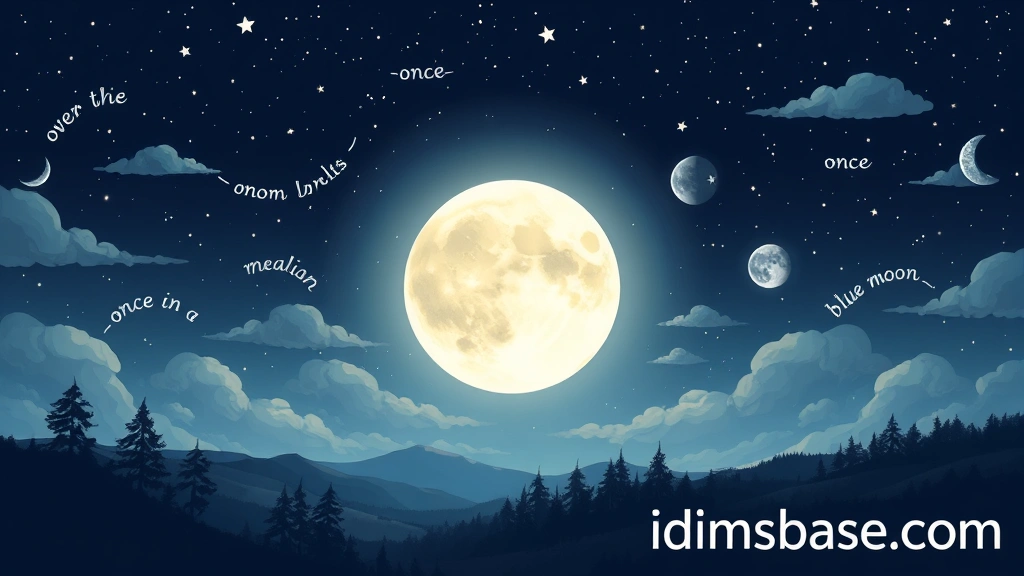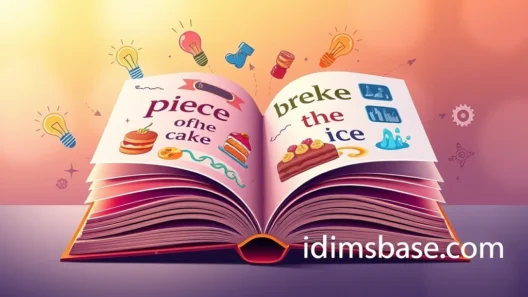Hey there, language lovers and stargazers! Have you ever looked up at the night sky, seen that beautiful, glowing orb, and wondered just how much it has influenced our everyday language? It's truly fascinating, isn't it? The moon, with its constant presence and ever-changing phases, has woven itself into the very fabric of our expressions, adding a touch of poetic charm and sometimes, a dash of quirky humor to our conversations.
But why the moon, you ask? Well, think about it! For centuries, the moon has been a source of wonder, mystery, and even a bit of superstition. It guides tides, lights up the darkest nights, and has inspired countless stories, songs, and poems. It’s no surprise then that it has found its way into so many of our idioms.
In this exciting journey, we're going to explore 35 incredible idioms that feature our celestial neighbor. Get ready to expand your vocabulary, impress your friends, and maybe even see the moon in a whole new light. Let's dive in!
35 Marvelous Moon Idioms
Get ready to discover some truly illuminating phrases!
-
Once in a Blue Moon: This one is super popular! It means something happens very rarely. Imagine seeing a "blue moon" – a second full moon in a calendar month – it doesn't happen often, right?
- Example: "I only go to the gym once in a blue moon."
-
Over the Moon: When you're absolutely thrilled or ecstatic about something, you're "over the moon." It’s like your joy is so immense, it transcends Earth itself!
- Example: "She was over the moon when she got the job offer."
-
Ask for the Moon: This idiom describes asking for something impossible or very difficult to obtain. It’s like reaching for something that’s literally out of reach!
- Example: "He's always asking for the moon; he wants a perfect life without any effort."
-
Promise the Moon: Similar to "ask for the moon," this means making extravagant promises that are unlikely to be kept.
- Example: "Politicians often promise the moon before elections."
-
Shoot for the Moon: This is about aiming for the highest possible goal, even if it seems incredibly ambitious. Dream big, right?
- Example: "Don't be afraid to shoot for the moon with your career goals."
-
Many Moons Ago: A charming way to say "a very long time ago." It evokes a sense of ancient times, doesn't it?
- Example: "Many moons ago, I used to live in a small village."
-
Bay at the Moon: This phrase often refers to complaining loudly and uselessly, like a dog howling at the moon.
- Example: "He keeps baying at the moon about the new policy, but it won't change anything."
-
Moonlighting: This means working a second job, usually at night, in addition to your primary employment.
- Example: "During the day, she's a teacher, but she's moonlighting as a bartender to save money."
-
To the Moon and Back: An incredibly strong expression of love or affection. It signifies boundless devotion.
- Example: "I love you to the moon and back!"
-
Mooncalf: This is an old-fashioned term for a foolish or simple-minded person. It implies someone who is a bit "spaced out."
- Example: "He's a bit of a mooncalf, always forgetting his keys."
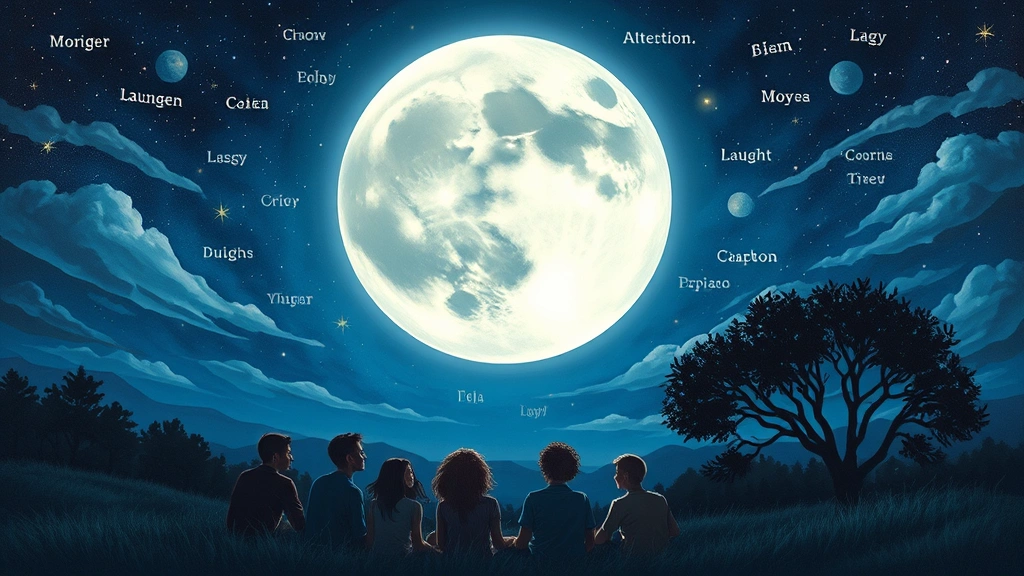
-
Moonstruck: This means to be romantically in love, often to the point of being a bit dreamy or irrational.
- Example: "They're completely moonstruck, planning their wedding after only a month."
-
Moon around: To wander aimlessly or spend time idly, often with a dreamy or melancholic air.
- Example: "After the breakup, he just mooned around the house all day."
-
Moonbeam: While literally a ray of moonlight, idiomatically it can refer to something delicate, ethereal, or even impractical.
- Example: "Her ideas are often like moonbeams – beautiful but hard to grasp."
-
New Moon: Often associated with new beginnings or a fresh start.
- Example: "With the new moon, I'm starting a new fitness routine."
-
Full Moon: Can be associated with intensity, strange behavior, or the culmination of events.
- Example: "Things always get a bit chaotic during the full moon."
-
Howl at the Moon: Similar to "bay at the moon," it means to complain loudly and often ineffectively.
- Example: "He can howl at the moon all he wants, but the decision is final."
-
Run for the Moon: To try to escape from a difficult situation, often implying a desperate attempt.
- Example: "When the economy crashed, many businesses tried to run for the moon."
-
Reach for the Moon: Another way to say "shoot for the moon," encouraging high aspirations.
- Example: "Always reach for the moon, even if you land among the stars."
-
Moon River: A beautiful, poetic reference to a dreamy, flowing quality, often inspired by the song. Not a common stand-alone idiom, but widely understood in context.
- Example: "Their romance had a moon river quality, gentle and eternal."
-
Moon-faced: Describes someone with a round face, often implying a youthful or innocent appearance.
- Example: "The moon-faced child gazed up with wide eyes."
-
Moon dust: Refers to something incredibly fine, elusive, or precious.
- Example: "Finding a genuine antique at that price is like finding moon dust."
-
Moonwalk: While famously a dance move, it can metaphorically refer to a backward or unusual progression.
- Example: "The company's progress felt like a moonwalk – two steps forward, one step back."
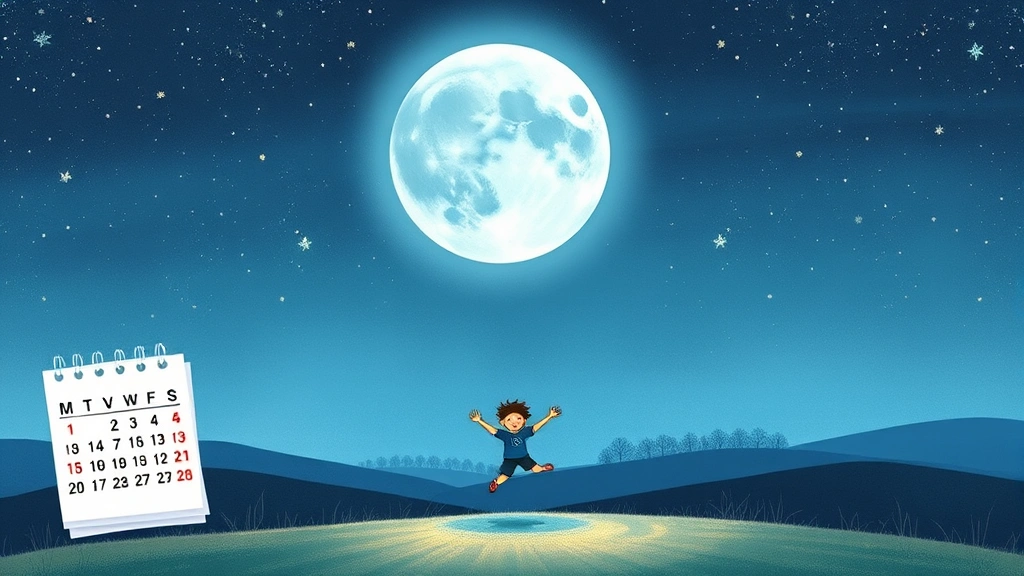
-
Moon Gate: A circular opening in a wall, common in Chinese gardens, symbolizing new beginnings or passage. Figuratively, it can mean a gateway to a new experience.
- Example: "Starting this new chapter felt like stepping through a moon gate."
-
Moon Rock: Something rare, valuable, and perhaps from another world.
- Example: "That opportunity is like a moon rock; you don't get many chances."
-
Moon Pie: A simple, comforting, and often old-fashioned treat. Can refer to something humble but satisfying.
- Example: "Sometimes, all you need is a moon pie and a good book."
-
Moon Goddess: A powerful, ethereal, and often mysterious female figure.
- Example: "She carried herself like a moon goddess, graceful and enigmatic."
-
Moon Landing: A monumental achievement, a significant breakthrough.
- Example: "Completing this project felt like our own moon landing."
-
Moonscape: A barren, desolate, or otherworldly landscape.
- Example: "After the fire, the forest looked like a moonscape."
-
Moon Rabbit: From Asian folklore, a symbol of self-sacrifice, devotion, and purity.
- Example: "Her dedication to her family was like the moon rabbit's."
-
Moon Cycle: The recurring phases of the moon, often used to refer to any recurring cycle or period.
- Example: "The business goes through its own moon cycle of ups and downs."
-
Moon Glow: A soft, gentle light, often associated with peace or serenity.
- Example: "The moon glow through the window made the room feel magical."
-
Moon Garden: A garden designed to be enjoyed at night, often with light-colored, fragrant plants. Metaphorically, a place of peace and contemplation.
- Example: "Her study was her moon garden, a quiet retreat."
-
Moon Salutation: A series of yoga poses, a calm, cooling counterpart to the sun salutation. Metaphorically, a calming or reflective practice.
- Example: "After a stressful day, a moon salutation helps me unwind."
-
Moon Shadow: The shadow cast by the moon, often referring to something subtle, fleeting, or mysterious.
- Example: "The truth remained in the moon shadow, just out of reach."
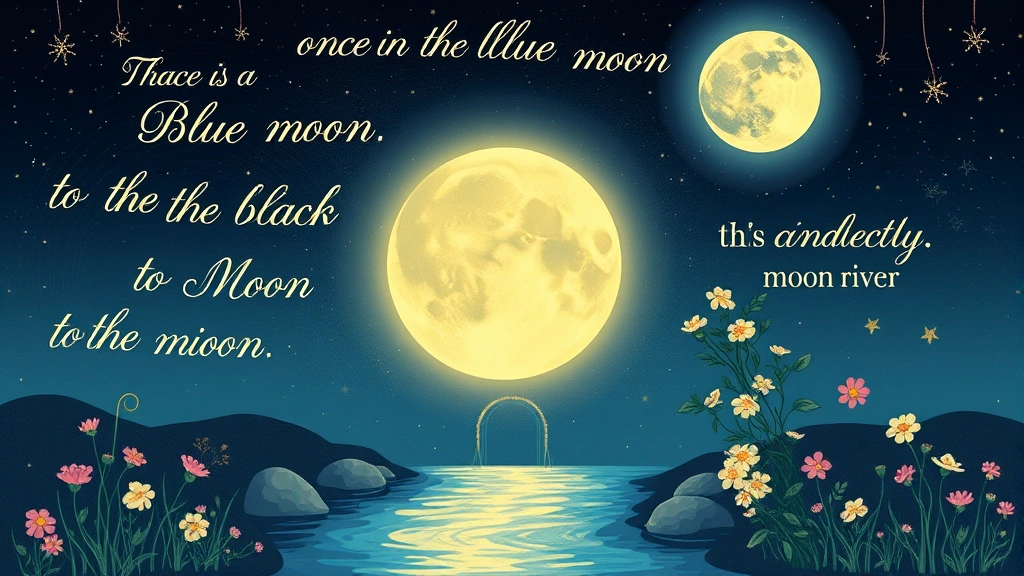
- Moon Dance: A graceful, ethereal dance, often performed under the moonlight. Metaphorically, a beautiful, flowing movement or interaction.
- Example: "Their conversation was a moon dance, each word perfectly complementing the other."
How incredible are these? It's amazing how a single celestial body can inspire such a rich tapestry of expressions in our language!
Key Takeaways
Before we wrap up our lunar language lesson, let's quickly recap some of the shining insights we've gathered:
- The Moon's Influence is Vast: From love ("to the moon and back") to rarity ("once in a blue moon"), the moon permeates many aspects of our communication.
- Context is Key: While many idioms have clear meanings, some, like "moon river" or "moon gate," gain their full power from the context they're used in.
- Idioms Add Flavor: Using these moon-themed phrases can make your English more colorful, expressive, and interesting.
- Learning is Fun: Exploring idioms is a fantastic way to deepen your understanding of English and appreciate its nuances.
Frequently Asked Questions (FAQs)
Still curious about the moon and its linguistic impact? We've got answers!
What is an idiom, anyway?
An idiom is a phrase or expression where the meaning cannot be understood from the ordinary meaning of its individual words. It's a bit like a secret code within a language! For example, "kick the bucket" doesn't literally mean to hit a pail with your foot; it means to die.
Why are there so many idioms about the moon?
The moon has been a significant part of human experience across cultures for millennia. It's visible to everyone, it changes phases, influences tides, and has been associated with mystery, romance, madness, and timekeeping. This deep connection naturally led to its integration into our language and expressions. It's a universal symbol!
How can I remember all these moon idioms?
Great question! Here are a few tips:
- Contextualize: Try to use them in sentences that are relevant to your own life.
- Visualize: For "over the moon," imagine literally floating above the moon with joy!
- Associate: Connect "once in a blue moon" with the rarity of seeing an actual blue moon.
- Practice: The more you hear and use them, the more they'll stick. Try to incorporate one or two into your conversations each week.
- Group them: Notice how some idioms are about ambition (shoot for the moon, reach for the moon) or rarity (once in a blue moon).
Are moon idioms used globally, or just in English-speaking countries?
While the specific English idioms we discussed are primarily used by English speakers, the concept of linking the moon to expressions is global! Many different languages have their own unique moon-related idioms that reflect their culture's relationship with the moon. The moon is a universal symbol, so its influence on language is widespread.
Can I use these idioms in formal writing?
It depends! Many of these idioms, like "once in a blue moon" or "over the moon," are quite common and acceptable in informal and semi-formal writing. However, some, particularly the more poetic or less common ones like "mooncalf" or "moonbeam" (unless used metaphorically in a creative context), might be too informal for highly academic or professional documents. Always consider your audience and the tone of your writing. When in doubt, it's safer to stick to more direct language in very formal settings.
Are there any new moon idioms being created?
Language is always evolving! While it's less common for completely new, widely adopted idioms to emerge rapidly, new expressions and slang terms are constantly being coined. Sometimes, phrases from pop culture or specific events might gain traction. For instance, the phrase "to the moon" has seen a resurgence in financial contexts (e.g., cryptocurrency) to mean a rapid increase in value, showing how older concepts can be reinterpreted.
Conclusion
Wow! What a journey through the lunar landscape of language. We've explored 35 incredible idioms, each shining a unique light on how the moon has inspired our words and thoughts. From expressing immense joy to describing rare events, the moon truly is a star in our linguistic universe.
We hope you had as much fun discovering these phrases as we did sharing them with you. Now that you're armed with this stellar vocabulary, go forth and use them! Surprise your friends, enlighten your colleagues, and maybe even write a moon-inspired poem or two.
Which moon idiom is your favorite? Do you know any others we missed? Share your thoughts in the comments below – we'd love to hear from you! Keep looking up, and keep speaking beautifully!



